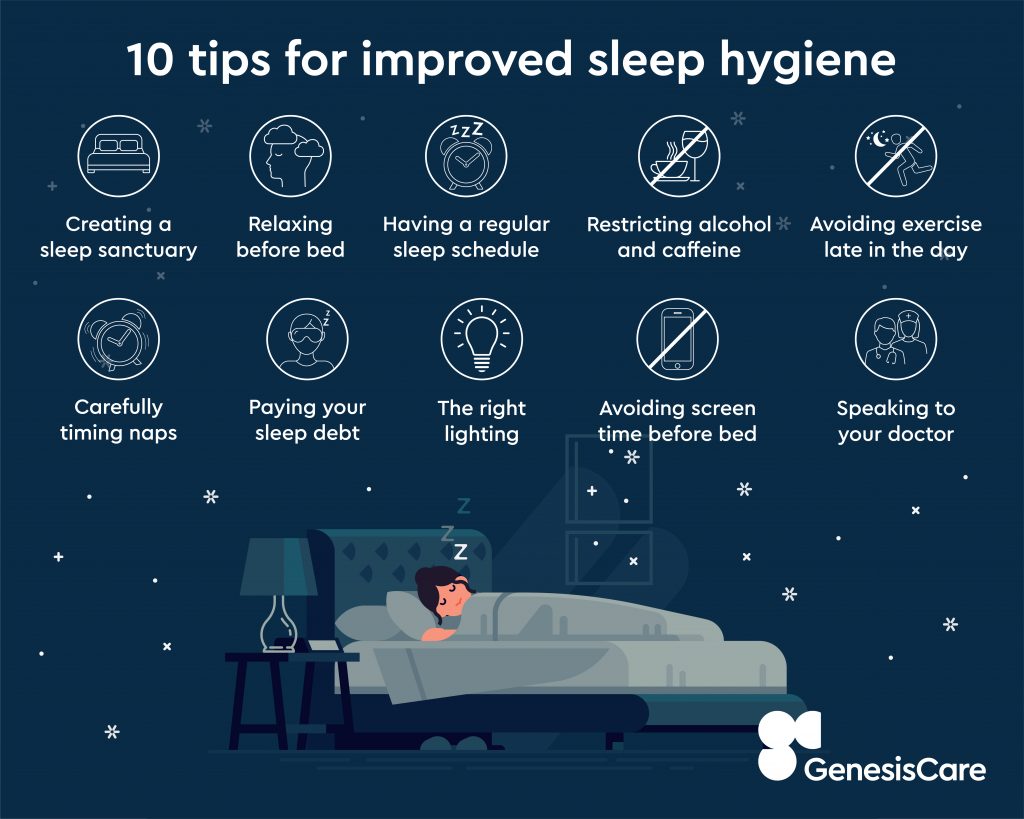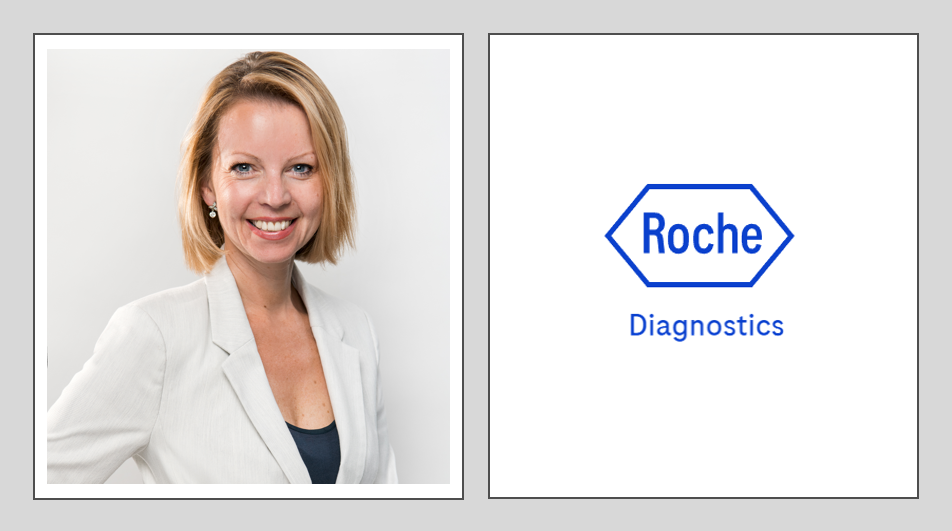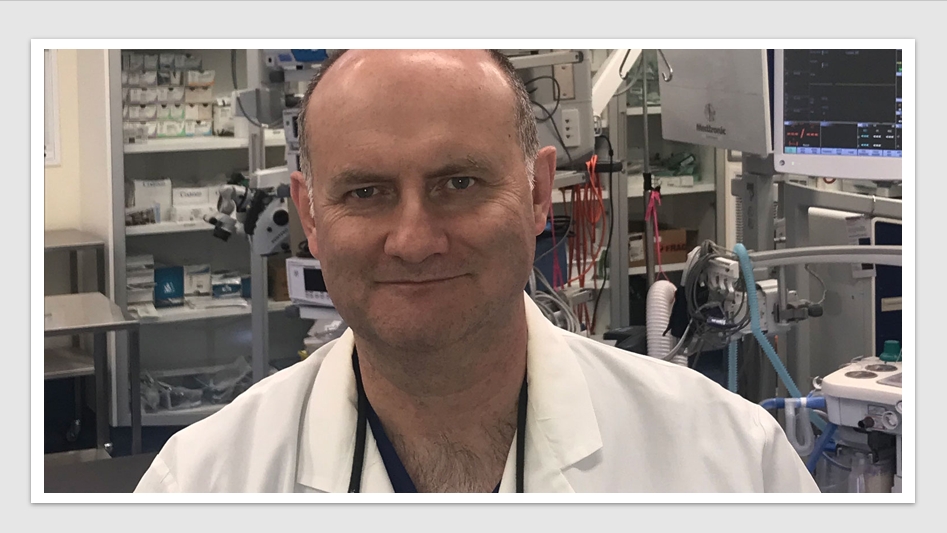Medical
Sleep-deprived Aussies at risk of Alzheimer’s

New research linking just one night’s lost sleep to increased risk of Alzheimer’s Disease highlights the urgent need for Australians to improve their sleep hygiene.
The research, recently published in Neurology Journal, reinforces the strong link between lack of sleep and increased levels of the tau protein, known to play a key role in the development of Alzheimer’s – a progressive, neurodegenerative disease, that accounts for up 70% of dementia cases.
More than one in three Australians don’t reach the recommended seven to eight hours of sleep each night, with 85 per cent waking up to three times during the night.
According to GenesisCare Thoracic physician and Sleep expert, Dr Justin Hundloe, Brisbane, sleep deprivation can have serious long-term effects on our overall health.
Register FREE and join 20,000+ industry professionals who receive the latest industry news, innovations and insights from Health Industry Hub; the only one-stop-hub connecting Australia’s Pharma, MedTech and Biotech industry professionals and its key stakeholders.
“Sleep plays a vital role in brain health and cognitive function. Chronic sleep deprivation can lead to long-term health effects, including early ageing and increased risk of Alzheimer’s Disease.

“Lack of sleep can also have significant consequences on our physical health, with higher rates of heart disease, obesity and cancer seen in those who regularly do not get enough sleep,” said Dr Hundloe.
“In the short-term, lack of sleep can cause memory loss, anxiety and reduced concentration. Alarmingly, after 24 hours of no sleep, hand-to-eye coordination is similar to having a blood alcohol content of 0.1, increasing risk of road accidents or workplace injuries.”
Slow wave sleep, predominantly occurring during the first three hours of the night, is the deepest stage of sleep. Rapid eye movement sleep (REM) occurs later in the night and is associated with vivid dreams. Sleep changes throughout the night in cycles of about 90 minutes, with very brief, intermittent awakenings that most people won’t remember.
Enhance corporate branding and boost thought leadership to attract and retain quality employees. How does your company culture measure up in the Australian Pharma and Medical Devices industry? Get the benchmark report by contacting us.
News & Trends - MedTech & Diagnostics

Roche Diagnostics MD bids farewell after two-decades, leading the organisation to new heights of success
Diagnostics & MedTech News: The Managing Director of Roche Diagnostics Australia, Allison Rossiter, has announced her resignation, effective September 2024. […]
MoreNews & Trends - Pharmaceuticals

Is Australia ready to play a leading role in precision nuclear medicines?
Pharma News: A newly released discussion paper unveils Australia’s preparedness to take the helm in the rise of the global […]
MoreNews & Trends - MedTech & Diagnostics

Minimally invasive procedure a first in epilepsy treatment
MedTech & Diagnostics News: An Australian-first procedure utilising MRI-guided, minimally invasive surgery has been introduced for the treatment of epilepsy […]
MoreNews & Trends - Pharmaceuticals

Stakeholders unite in international call to tackle breast cancer gaps and inequities
Pharma News: Breast Cancer Network Australia (BCNA) has united in an international call to raise breast cancer care standards and […]
More